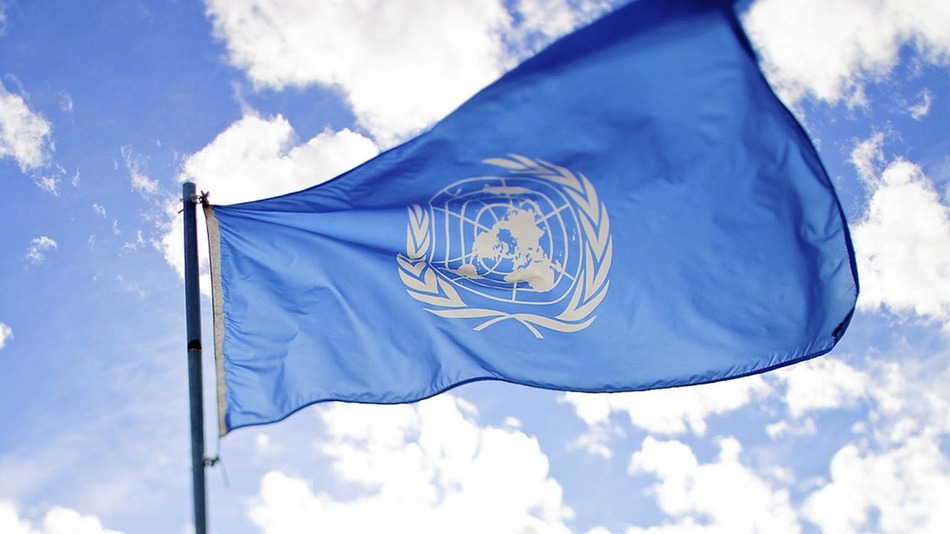The United Nations is widely, and accurately, known as a major hub of anti-Israel demonization, as well as for providing the Palestinians with a supportive framework for their propaganda. In particular, the Geneva-based UN Human Rights Council (UNHRC) is the equivalent of a home field for Israel-bashing. With the majority of the council coming from members of the Organization of Islamic Cooperation and its allies, the pro-Palestinian party line is largely assured.
The resulting pronouncements, resolutions and so-called investigations of alleged Israeli violations are transformed into justifications for BDS resolutions at universities, and are even cited in court decisions.
But occasionally, the home field advantage of the UNHRC can be overcome. This happened recently during a meeting of the expert committee that reviews the implementation of the International Convention on the Elimination of All Forms of Racial Discrimination (CERD).
As part of the campaign to gain international recognition as a state, the Palestinian Authority has signed many treaties, including CERD. As a signatory, it is subject to reviews of its own actions. The first review of Palestinian compliance took place on August 13-14 in Geneva, and did not go according to the standard script.
The first surprise for the Palestinians was a result of the unusual nature of the CERD review framework, which consists of 18 “independent experts” who are nominated by their governments and selected through a secret ballot. This process reduces the ability of the Islamic bloc and its allies to control the outcome. As their backgrounds and subsequent activities demonstrate, many of the current committee members are indeed independent experts, with academic appointments and other qualifications.
The Palestinians and their supporters (including the Algerian chair of the committee) also appeared unprepared to respond to informed questions from experts who were not interested in attempts to blame Israel and “the occupation” – issues that are not relevant to the treaty requirements. Instead, committee members focused on evidence of discrimination against minorities (Christians, women, LGBTQ, Druze, Roma), systemic anti-Semitism and, most importantly, racism and hate propaganda in textbooks.
READ: STEINBERG: THE WHO PROPAGANDA THEATRE
Prior to the public session (which was live streamed and accessible to the public), the committee heard from non-governmental organizations (NGOs) that, weeks earlier, had submitted reports on those issues. In sharp contrast to the regular UNHRC sessions, which the anti-Israel NGO network dominates, the three NGOs that came to the morning session – NGO Monitor, Impact-se (which examines textbooks) and UN Watch – provided the experts with different perspectives. Apparently realizing that their side was in trouble, at the last minute, officials from the Palestinian NGO Al-Haq ran in and repeated the usual accusations attacking Israel. But it was too little, too late.
In the afternoon, and again the following morning, these experts discarded the official Palestinian presentation, which strayed far from the terms of the treaty, and hammered away at the relevant issues and evidence.
Suddenly, the Palestinian officials, who have had years of experience in attacking Israel, scrambled to deal with evidence of anti-Semitism, incitement and other issues. They repeated the standard phrases, invented some claims and, in other cases, distorted the evidence.
For example, their claim that “96 percent of the Palestinian curriculum is in-line with UN and international standards” – an awkward attempt to respond to examples of textbooks that violate UNESCO guidelines – is entirely without foundation. Similarly, their attempts to dismiss the widely accepted definitions of anti-Semitism rang hollow.
The committee must now write its report. If their questions and the failed Palestinian responses on discrimination, textbooks and anti-Semitism are highlighted in the final document, it will mark a major achievement, and set a precedent for future battles.
